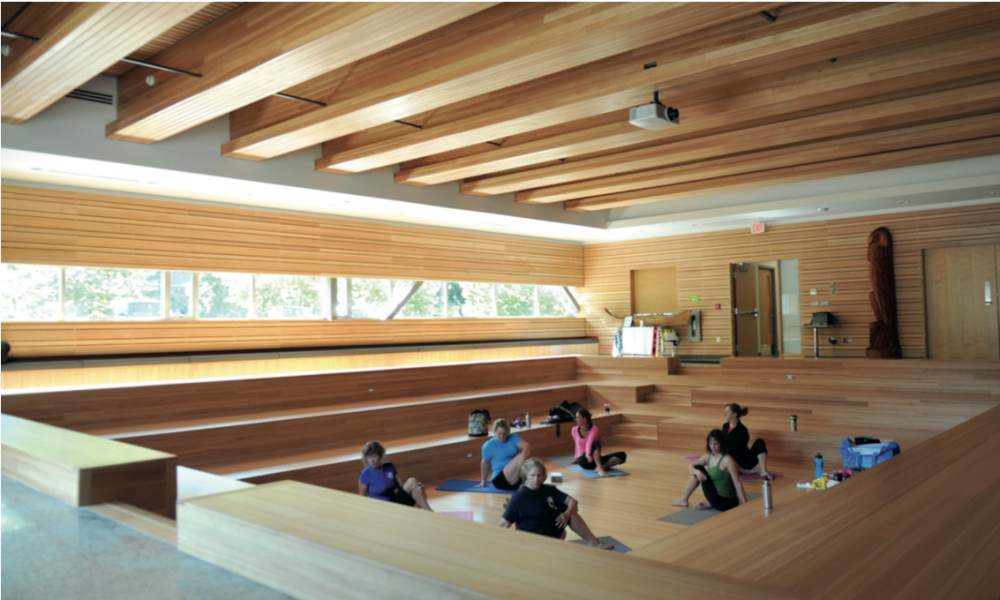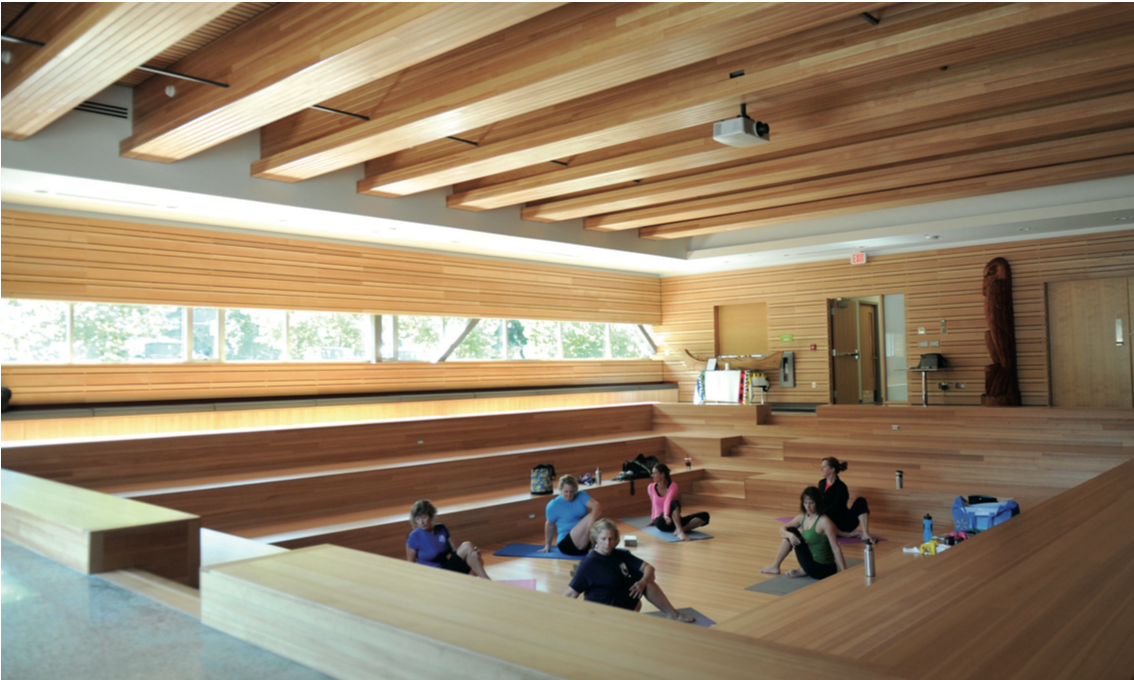
Following the Ministry of Advanced Education’s approval, two new degrees within the college of arts will be open to students — though not until Fall 2017. The Ministry’s approval came after multiple important dates at UFV: deadlines for the academic calendar and financial budget and, in both cases, the anticipated year the programs would begin to be offered.
For the new degree (bachelor of media arts) and the new degree option (a major or minor in indigenous studies for bachelor of arts students), that means additional time to plan and organize programs that signal UFV’s shift toward degrees that emphasize interdisciplinary study.
Students will still be able to earn credits that will count toward the degree in 2016-17. One of the features of both is that, while the degrees will require UFV to add new courses to the calendar and link others together in new ways, many required courses are already available. The media arts degree covers (among others) theatre, film, art history, and media communications, the indigenous studies major includes history, anthropology, and Halq’eméylem language courses, and both require students to take at least one business course.
On the administrative end, the extra time will need to be used to update the degrees to what UFV looks like in 2016-17. Since both proposals were written (media arts in 2013, indigenous studies in 2014), courses have been altered, re-numbered, or their prerequisites changed. Dean of Arts Jacqueline Nolte says that, in the case of media arts, a curriculum committee will have to be reconvened to make sure the degree is ready to fit in with current offerings.
That’s not to say the major work of the committee will be counting credits and tracking minute changes in course descriptions: Nolte points out that for an interdisciplinary degree to thrive, a team of supportive faculty needs to exist. And the committee will, in part, need to figure out what that could look like.
“When you have a department delivering a major like English, or a major like French, you have direct ownership — but as soon as you have an interdisciplinary degree … unless there’s that [same kind of] continued commitment, the degree’s not going to be successful,” she says.
Since there won’t necessarily be a department head of each degree (and some of the department heads involved in the degrees’ creation have changed roles at the university), hiring new faculty in both cases is something Nolte says will be part of the plan.
“We have to position ourselves to make these degrees viable,” she says. “That means, if not in the first year, certainly in the second or third we’d be looking at hiring what preferably would be an interdisciplinary [instructor].”
There are other new considerations with these degrees: a contingency fund is in place for elders to have a role in indigenous studies-related courses “as often as possible,” five MEDA courses unique to the degree will be, as part of a new program, exempt from the provincial tuition limit in the first year they are offered, and the media arts degree as a whole, which has five concentrations as outlined in the proposal, could end up looking slightly different by the time it’s open for applicants.
“The whole objective of a media arts degree was to recognize that students need to create their own positions — they need to be able to think about how to be savvy, in terms of setting themselves up for jobs that don’t exist already,” she says. “And in order to do that, you would think there would be sufficient elective space for students. But in actual fact, I think we’ve created some quite narrowly prescribed concentrations.”
Those changes will be up to the curriculum committee — and any major changes will need to go to Senate. Nolte notes that, as part of meetings bringing advisors up to date on how to assist students that are interested in the new degree options, info sessions for students may be offered next year. Info sessions are also planned for the new bachelor of agricultural science, an interdisciplinary degree to be offered by both the faculty of science and applied and technical studies.


